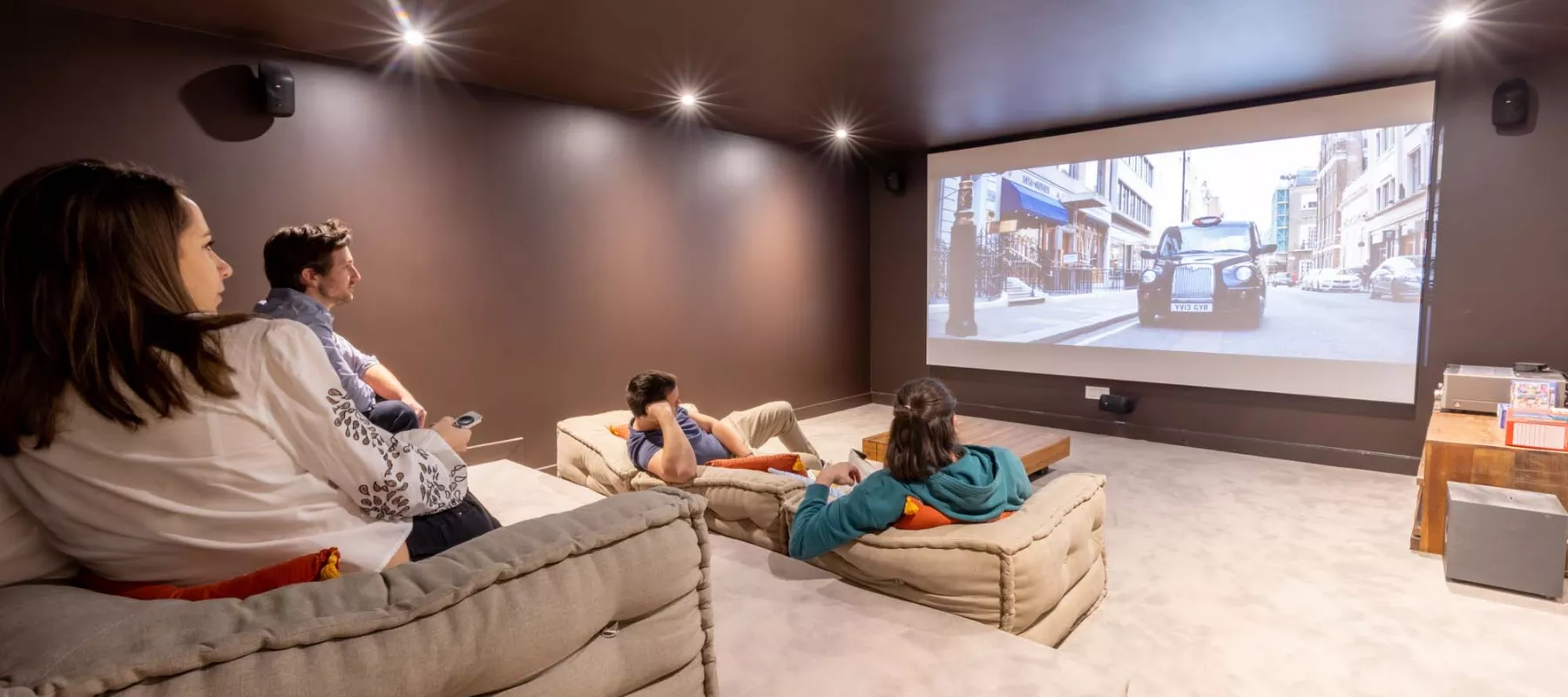Coliving, 5 New Ways of Living Together - Les Echos

A phenomenon noted in the real estate market, coliving enjoys enhanced recognition due to the growing interest of investors in this asset class. Booming, this niche segment appears to meet the aspirations of younger generations while addressing the structural housing shortage in France.
From shared housing to co-living, it's just a step, but it still requires having common interests to exchange on. Marked by a trip to California that introduced him to the virtues of co-living, Victor Augais, founder of La Casa, has based his accommodation model on a logic of co-option among tenants. 'Each candidate is interviewed to ensure they have understood the principle and are ready to live in a community, with the compromises it entails,' explains the founder, embracing a form of selection at the entrance. The first arrivals become the founders of the house, who will recruit the next tenants.
Another specific feature of this offer is that the Casas are thematic. Plant lovers, gourmet enthusiasts, avid athletes, or movie buffs are brought together in houses with ten to fifteen rooms, equipped according to the defined collective project (projection room, gardens, bike storage, state-of-the-art kitchen...). Every two weeks, a dinner is delivered to the community, and inter-Casa events are organized every month and a half.
"We have implemented methods to transform a simple shared house into a true co-living space aimed at fostering social connections," concludes Victor Augais
For him, co-living has brought the concept of customer service back to the forefront of the real estate market, marking "the end of the endless queues of tenants in stairwells to visit mediocre apartments," he hopes. The shift in mentality is underway.
By Eugénie Deloire